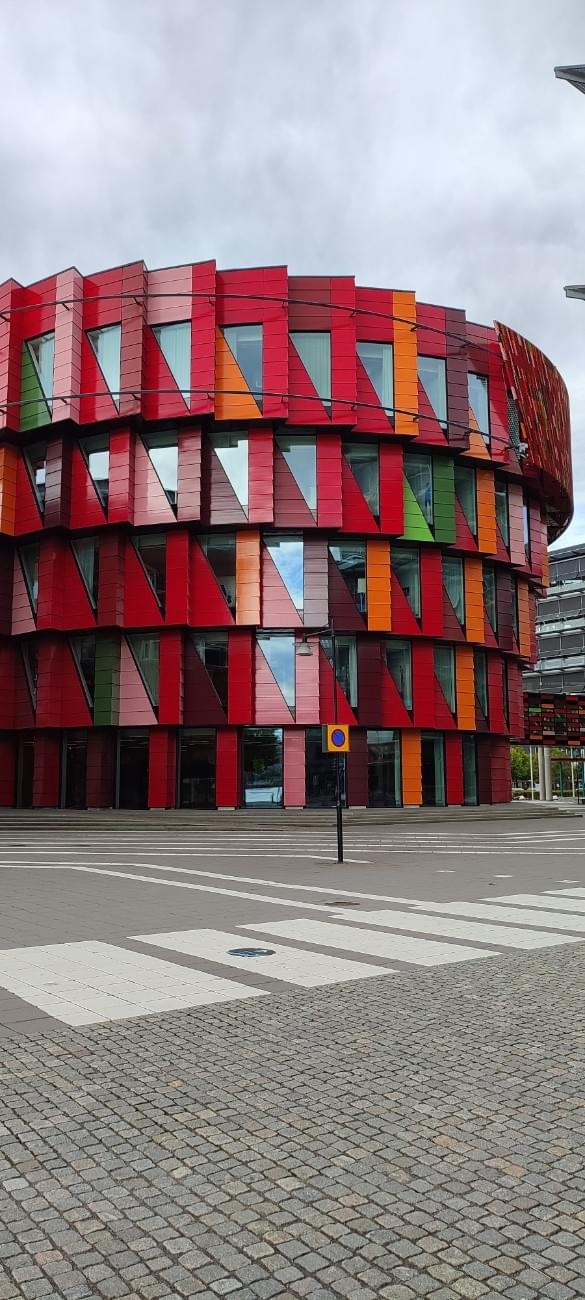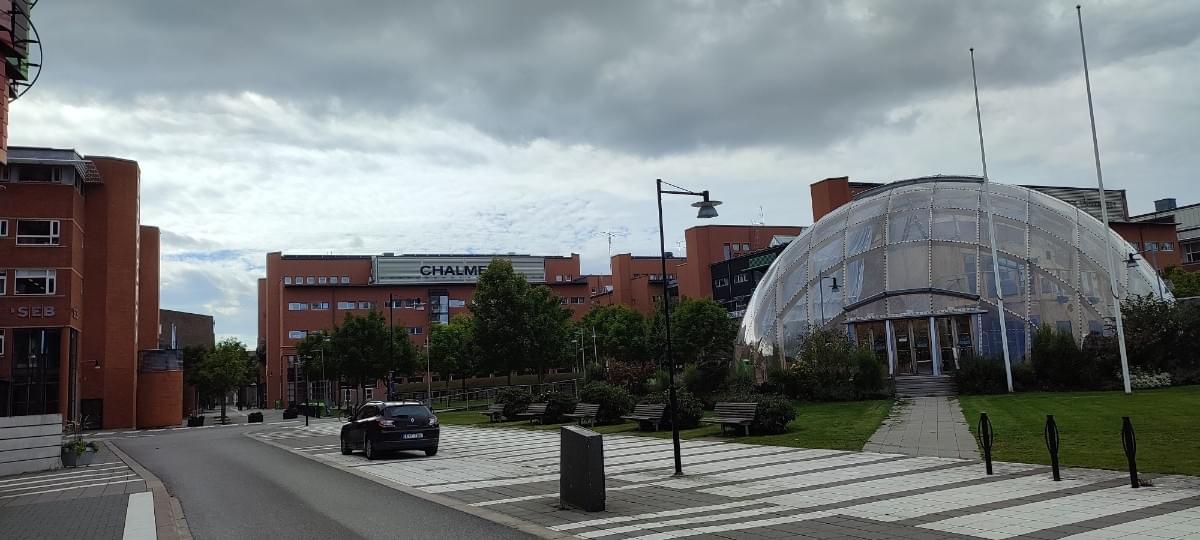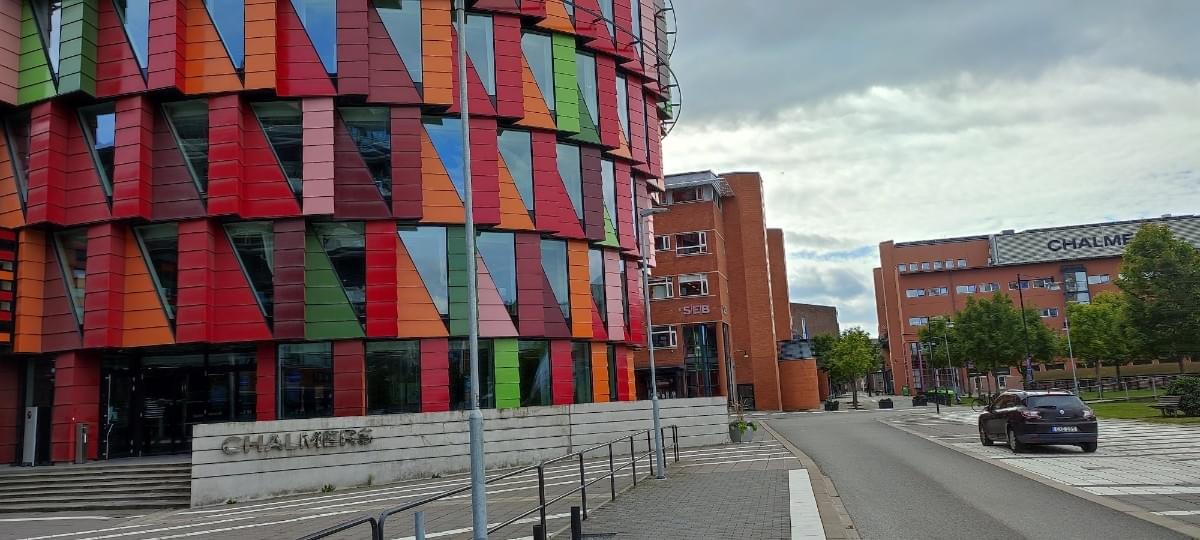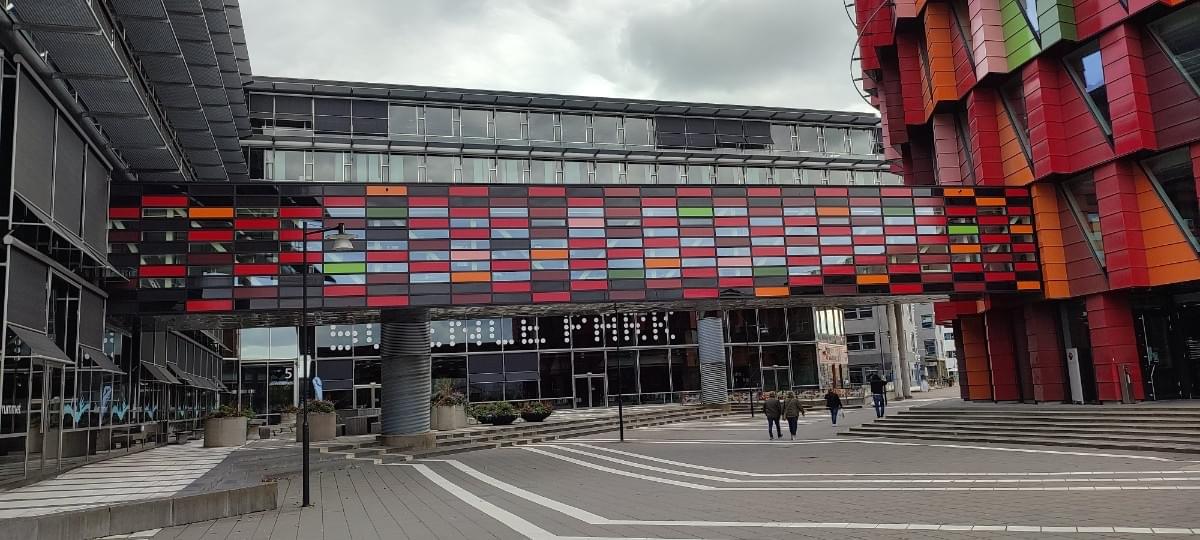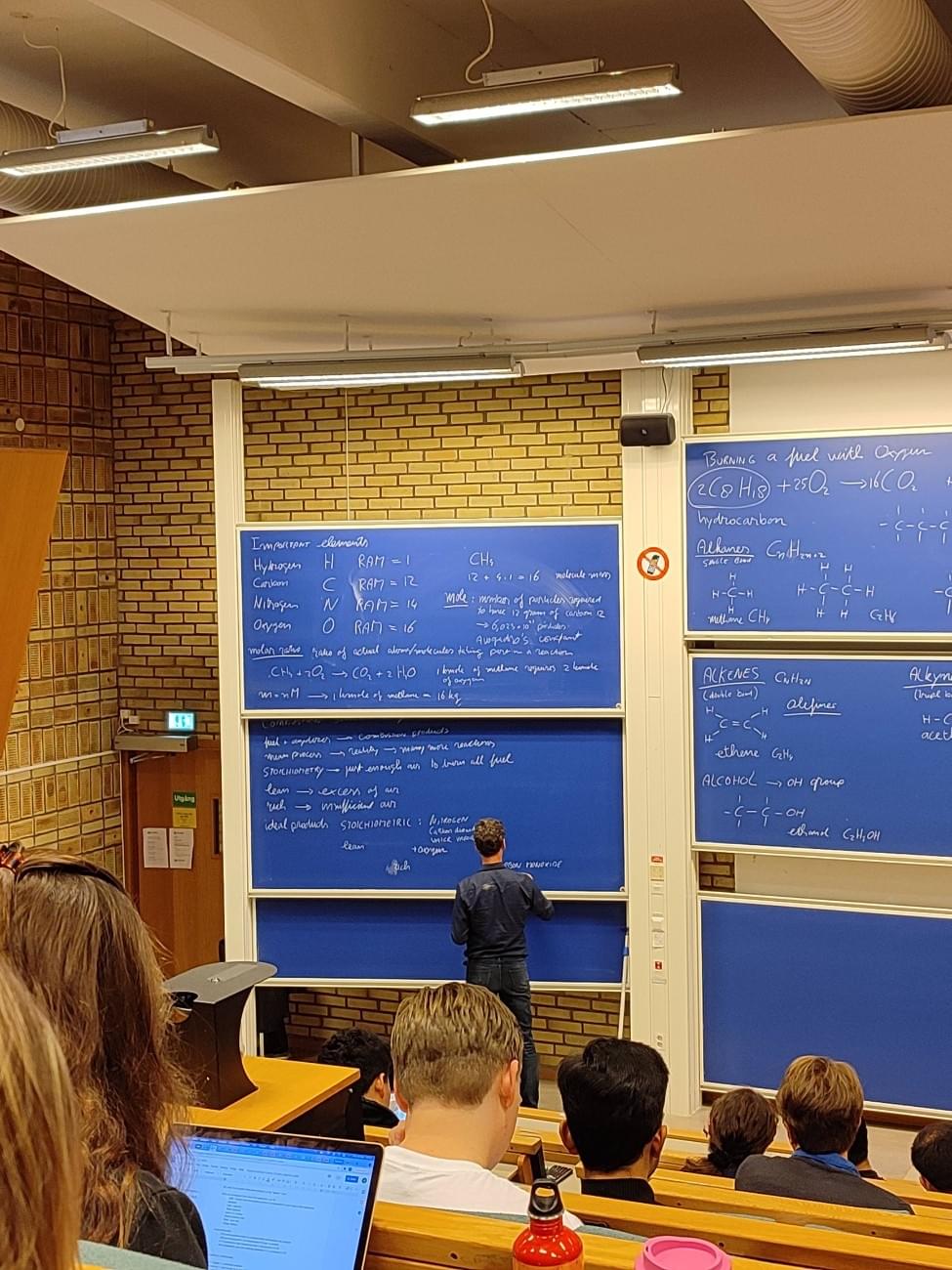What Students Say
Likes
- The courses were up to date with modern tech .
- It is located in a city which has many job opportunities .
- They had many practical project courses where we could work on industry level projects and also many collaborations with companies
Dislikes
- I felt some courses were too easy and were not at the level for masters.
- Some classes were overcrowded and the teaching was not engaging
- There are some clubs to join but most require Swedish
Course Curriculum
- I would say it was quite easy to follow. Most of the courses were very theoretical but had a few labs. Some courses like Aerodynamics are very practical and hands-on. Most of them were a mix of both.
- The positive was they taught us skills which were directly applicable to jobs, which made us more employable. Negative is that there are certain courses which you are not interested in but are forced to take.
- Usually a day can have 4 to 8 hours of classes and usually there is 1 day off a week in addition to the weekend.
- Some courses which are compulsory had around 60 - 90 students and some had just 15.
- There were around 25 Indian students in my class out of 70.
Admission Experience
- I applied to just 4 courses in Sweden (2 in Chalmers and 2 in KTH). I mainly applied for Mobility engineering in Chalmers and Vehicle engineering in KTH and product and production engineering at Chalmers. Mobility Engineering in Chalmers was my first choice and I got in so the other applications were not considered based on Swedish rules for application. I received a rejection from this university in the year 2020 for the same courses because I was missing some credits from my bachelors which I was still pursuing (7th sem) which prevented me from being eligible but then in 2021 after graduating from Bachelors I re applied and got the positive results.
- This university was ranked very high for my course, Automotive engineering. It also was located in the city where all VOLVO campuses are and the city has many job opportunities for my field. It also had all its courses in English and the application process was easy. It was also reasonably priced. I had to register on universityAdmissions.se. I had to choose 4 courses across any universities in Sweden and rank them in the order of which I preferred the most to least and they would let me know which one I was accepted into if I was. I needed to have my IELTS results; 6.5 was required. I scored 8 and I think that helped my application. Overall it was very smooth
- I applied for the Fall Intake; the first day of University was August 20th
- I applied and submitted my documents on Feb 1st and the results were out by April 9th and housing and other formalities regarding the first fee instalment and Flights were booked by the end of June. The visa process took a lot of time; it cut close. I applied in the first week of June and received my approval on Aug 6th.
Faculty
- In my course it was maybe 8 to 1. I don't think this ratio influences the quality a lot. It depends on how engaging the teacher is and how interesting the topic is to you.
- The faculty do not help you in finding a part-time job but if there is an opening, they usually send everyone in the class an email.
- I admire Stefan L, who taught me electrical engineering. He was very patient and taught complex topics in a simple way and started from scratch if it was required.
Campus Life
- The university has 2 campuses. Johannaberg and Lindholmen Campus. All my courses were on the main campus, which was in Johannesburg. The campus had a sports hall, Library, Swimming pool, Sauna and many other clubs to enrol in and have fun.
- Oktoberfest, couple of Disco clubs are located on campus and some other Semester star and end parties occur every semester
Part Time Jobs
- I have seen just 1 student get an RA or TA job. There aren't many that are available for master's students. They are usually reserved for Phd. But in general 20 hours can be worked per week as a part-time job. I am not sure because I did not have a part-time job.
- Getting a job on campus is super hard, as most of them require you to be fluent in Swedish, which international students are not.
- 86 - 100 SEK per hour. It is easy if you are with food delivery or package delivery. Other jobs require english and Swedish speaking skills. The usual process is to just apply on the company website.
- For certain jobs on campus, such as an RA, a resume and interview would be required but for other physical jobs, no resume is required. Just applying. waiting to get accepted and then you can start.
Placement
- I would say about 75% secured a job 6 months after graduating. The average salary is 37000 SEK per month. LinkedIn is the best way to find a job.
- Also, many of us do internships and theses where we interact with different companies and employers and we network; these contacts play a big role in getting a job. VOLVO, SCANIA, Aurobay and many other Consultancies are the main way my friends got jobs.
Accommodation
- I found my accommodation with the help of the company SGS in collaboration with the University. They gave us multiple options and we could choose based on different factors such as cost, sharing or not, and distance from the university.
- The monthly rent was 3850 SEK and it was a 2-year contract. It had a bedroom with a bathroom attached but the kitchen was shared between 6 other people.
- The accommodation was just 1.2 Km from the college campus. I stayed in a place called OLOF and it was delightful and recommend it to everyone.
Exams
- IELTS was required with a minimum score of 6.5
- SOP is required; LOR is not required but play a good role in helping your application get selected
- A CV is also required along with your bachelor's result transcripts for all 8 semesters. A syllabus copy of all the subjects which was studied in the courses during the degree was also required to ensure we have the required credits to be eligible
- No interview was part of my application process.
Fees
- The fees were 70,000 SEK per semester, so the 2-year programme had 4 semesters and 8 study periods and during each study period we could study 2 courses. We had to pay every 6 months. The housing was around 4000 SEK a month and we had to pay 10 months a year. living expenses per month were around 1500 / 2000 SEK including everything.
- The transportation pass for students costs around 500/600SEK a month. The groceries bill ran me up about 250 - 300 SEK a week.
Scholarship
- I did not apply for or receive any scholarship. I know there are multiple scholarships available. Some of them pay only for the flight tickets up and down. Some covered fees for 1 year and others were a 50% discount.
- There are also some special scholarships given by Scania, which include the tuition fee, Internship and guaranteed Thesis. These are very competitive but I think around 500 students get scholarships across all the categories.


